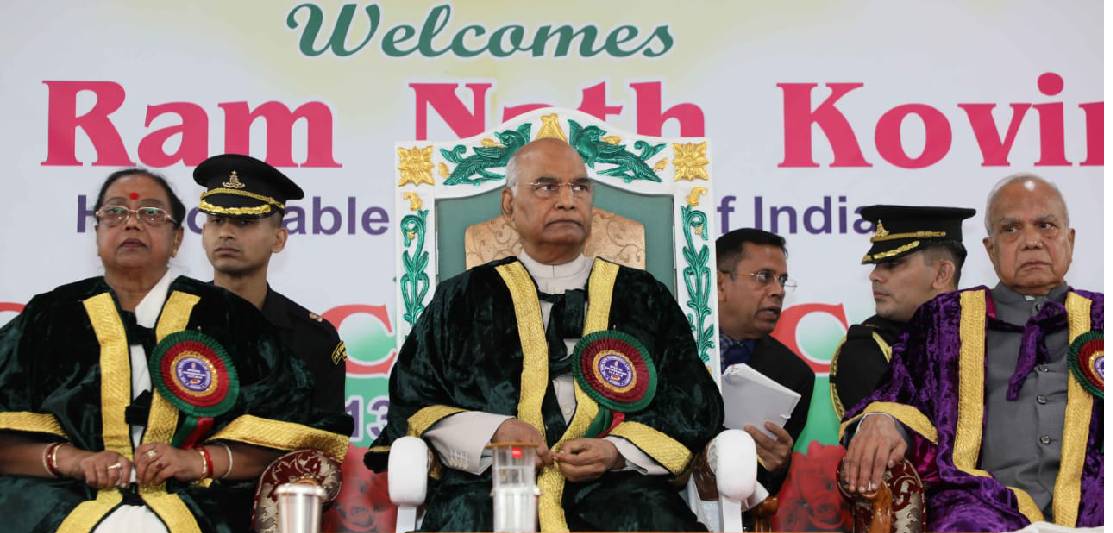Overview
Dr. Ambedkar Government Law College was built by the British in the year 1891. The 128 years prestigious institution with the specialty of its location had been in the High Court Campus itself. This institution is the 2nd oldest of its kind in the country and the first law college that was started in south India. The institution was originally named as Madras Law College and later got renamed as ‘Dr. Ambedkar Government Law College’by 1991 in commemoration of Birth Centenary of Dr.B.R. Ambedkar, the Father of Indian Constitution. It is also referred to as the Government Law College or GLC, Chennai.
Academic Performance
The institute offers both 5 years integrated honors degree in law. This campus accommodates around 1300 students who study five-year LLB Programme and LLM Programme. The main intention behind this was to provide quality legal education in comparison with the National Law Schools in the country. The course focus more on how to make the law students professionally competent rather than just academics.
With a view of improving the standards, the campus has smart classrooms with a facility to analyze judgments that are historical worldwide, a hi-tech library that is capable to accommodate over 2000 readers, indoor and outdoor stadiums as well, a model court, CCTV Circuiting covering the entire campus, separate hostels for men and women, an air-conditioned auditorium containing 1000 audience, Wi-Fi facilities, special facilities for the differently-abled individuals, biometric facilities, etc.
The college is affiliated to Dr.Ambedkar Law University, Tamil Nadu and functions as per the regulations of the All India Bar Council. The University offers a better legal education throughout the academic period. A lot of reputed banks as well as financial firms are already reaching the campus for their hiring purpose. The students are given inputs to the need of the industry as part of their internship programs.
Notable Alumni
GLC boasts of a long list of distinguished alumni. And, the list follows!
- Padma Vibhushan V.K. Krishna Menon, who has been referred to as the second most powerful Indian after his ally, the first Prime Minister of the country Jawaharlal Nehru.
- Ramaswamy Venkataraman, the eighth President of India.
- DamodaramSanjivayya, former Chief Minister of Andhra Pradesh
- Bhaktavatsalam, former Chief Minister of Madras state.
- Kotla Vijaya Bhaskara Reddy, former Chief Minister of Andhra Pradesh
- Patanjali Sastri, second Chief Justice of India.
- KokaSubba Rao, ninth Chief Justice of India.
- Satyanarayana Raju, former Judge, Supreme Court of India.
- Balakrishna Eradi, former Judge, Supreme Court of India.
- Khalid, former Justice of the Supreme Court of India and former acting Governor of the State of Jammu and Kashmir.
- Fakkir Mohamed Ibrahim Kalifulla, former judge of the Supreme Court of India.
- IkkandaWarrier, the first and the last Prime Minister of the state of Cochin.
- Chidambaram, former Finance Minister of India and former Union Minister of Home Affairs of India.
- K. Shanmukham Chetty, the first Finance Minister of Independent India.
- KarpagaVinayagam, former Chief Justice of the Jharkhand High Court.
- D. Dinakran, former Chief Justice of the Sikkim High Court.
- S. Karnan, the first Indian High Court Judge to have been imprisoned for contempt while in office.
- Justice S. Manikumar, present Chief Justice of the Kerala High Court
- N. Manoharan, former President of Institute of Chartered Accountants of India.
- Krishna Iyer, freedom fighter, classical art activist who was responsible for or popularizing the dying art of Bharatanatyam in South-India.
- R. Karthikeyan, former special director of the Central Bureau of Investigation and former Director-General of National Human Rights Commission.
- Swami Vireshwarananda, tenth President of the Ramakrishna Mission.

